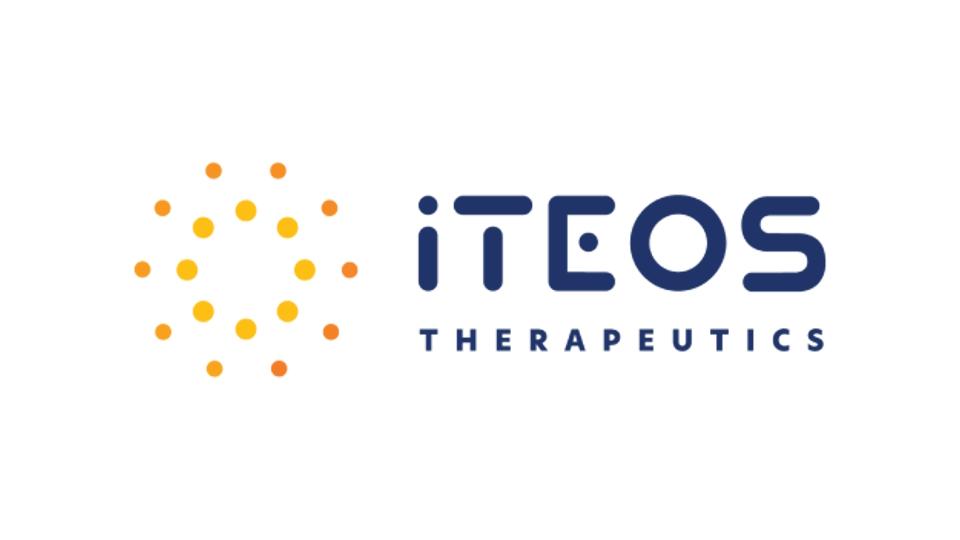ESMO: GSK, iTeos bring some optimism back to TIGIT

GSK and iTeos anti-TIGIT antibody belrestotug showed efficacy in a phase 2 trial in PD-L1-positive non-small cell lung cancer (NSCLC), providing some much-needed positive news for the beleaguered TIGIT class.
The results of the GALAXIES Lung-02 study reported at the ESMO congress in Barcelona showed that the drug – added to GSK's PD-1 inhibitor Jemperli (dostarlimab) – achieved a higher objective response rate than Jemperli on its own.
There was, however, a higher rate of treatment discontinuations with the TIGIT drug – and some deaths that were thought to be drug-related – suggesting safety could come under scrutiny as a phase 3 programme for the combination gets underway.
GALAXIES Lung-02 enrolled patients with previously untreated locally advanced or metastatic PD-L1-high (50% or greater) NSCLC that could not be treated with surgery. It also included arms looking at belrestotug given with MSD's rival PD-1 drug Keytruda (pembrolizumab) and Keytruda alone, although, data from those arms was not ready for presentation at ESMO.
There were signs of a dose-response relationship with the TIGIT drug, with 63.3% ORR with the lowest dose (100mg) rising to 65.6% with the middle (400mg) and 76.7% with the high (1,000mg) compared to 28.1% for Jemperli on its own.
Side effects were "generally manageable," according to iTeos, but occurred in 84% of the combination therapy groups versus 59% for Jemperli on its own. Most were what one might expect from cancer immunotherapies – skin and subcutaneous tissue disorders and endocrine disorders. However, discontinuation rates were fairly high at 16% to 40% with belrestotug versus 6% with Jemperli monotherapy and there were three deaths in the TIGIT group that were deemed to be treatment-related.
For comparison, the KEYNOTE-042 trial, which first established Keytruda monotherapy as the standard of care for PFD-L1-high NSCLC, showed a response rate of 44.8% compared with 27.8% for chemotherapy, suggesting that the TIGIT/PD-1 doublet may be adding some efficacy.
That is significant in itself, as the TIGIT category has been beset with trial failures – including some recent disappointing results for MSD's vibostolimab and Roche's tiragolumab – with some studies finding a lack of efficacy, while others have had side effect issues.
"With roughly 60% confirmed ORR at three distinct doses and a meaningful difference of 30% compared to dostarlimab alone, we believe this underscores the potential differentiation of our TIGIT:PD-1 doublet," commented iTeos' chief executive, Michel Detheux.
The 400mg dose of belrestotug has been moved into a phase 3 trial in first-line patients called GALAXIES-Lung-301 and – while the phase 2 results look promising – ORR improvements can melt away when patient numbers increase in late-stage testing; as yet, there is no data on survival. The trial is comparing belrestotug plus Jemperli to Keytruda plus placebo.
GSK licensed rights to belrestotug in 2021 in a deal that included an upfront payment of $625 million and is worth around $2 billion overall.












